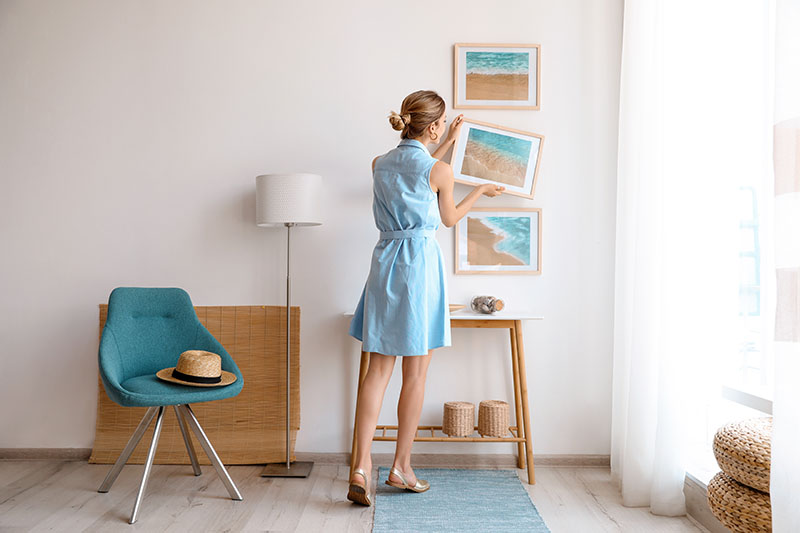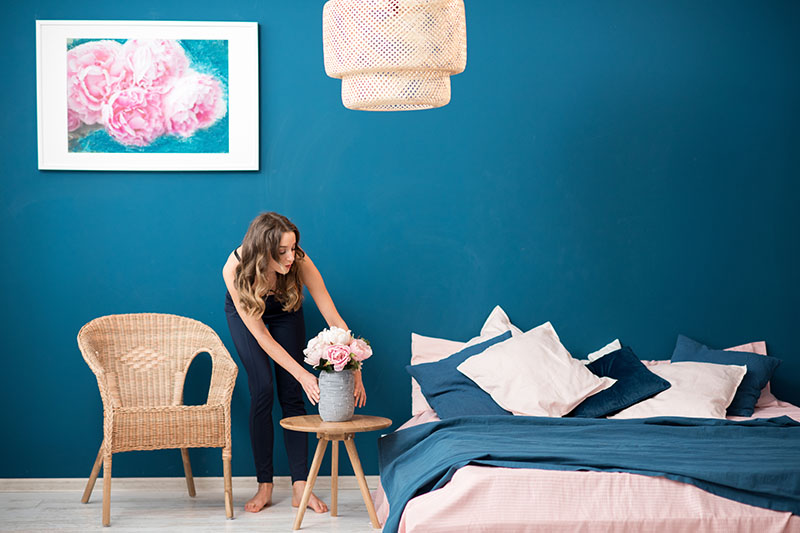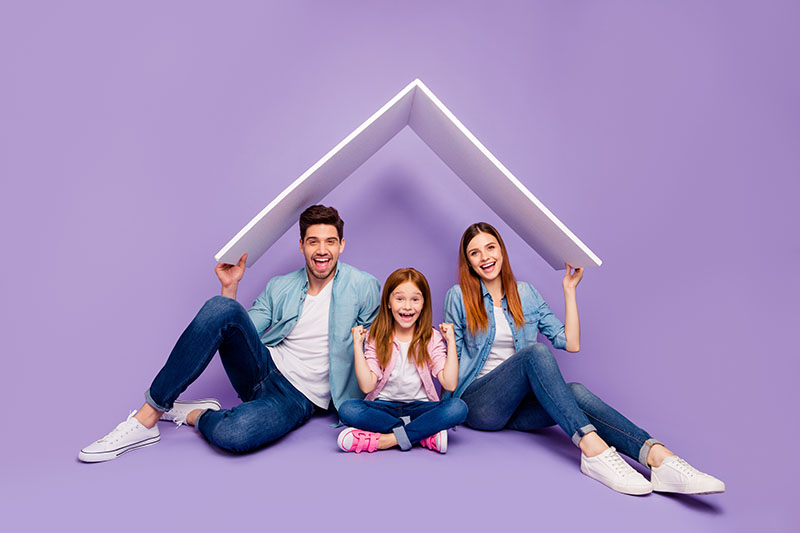How to Maximise Airbnb Occupancy
What Influences the Listing’s Occupancy?
Occupancy rate is an important factor in your revenue. Your annual revenue is calculated by your daily rate times the occupancy rate. It also serves as a check on whether your price needs to be further adjusted or not.
Occupancy rate can be influenced by:
- Location
- Amenities
- Guest communications
- Housekeeping setup
- Marketing
- Booking settings (min number of nights, instant book, cancellation policy, etc.)
- Price
- Reviews/Ratings and superhost status
- Airbnb Luxe or Plus
Housekeeping Set Up and Guest Communications
Most properties in a location that has a consistent stream of visitors can expect a secure baseline of occupancy as long as the listing is appealing. Having a superhost status or being in the Airbnb Luxe or Plus program can inspire trust in the listing from the guests as well.
However, there are some administrative efforts that could either cause or eliminate delays in bookings. Housekeeping before and after each stay can reduce available dates by up to a week each month especially if most of the bookings are short stays. Unless you have a dedicated cleaning service who can be on your back and call, last minute scheduling of housekeeping services could cause days of delay. Such inefficiency can also impact the quality of the cleaning which is not something you can risk especially while the world is dealing with the fear of COVID-19 scare. Most property managers will provide on-demand cleaning services with dedicated staff as well as guest communication management. Utilising professional property management services could allow you to do cleaning upon check-out so you can theoretically welcome a guest the day after, maximising the number of available days in a calendar. Fast response rate gets you to screen your guests faster so you can get booking and it also helps you achieve a superhost status. If cleaning service can be done on the same day as check-out, you won’t have to set up your calendar to block out one day after each stay.
You want your occupancy rate to be 80% or higher for the next couple weeks and be at about 30-60% for the next 2 months. If your listing is set up properly with good descriptions and appropriate pricing, you could also have a 10-15% occupancy rate for bookings in over 3 months. If you have a higher occupancy rate that far out, you may want to reconsider your pricing as it may be too low.
Booking Setting
The listing’s booking setting will impact the number of target customers reached, time to complete each booking and, obviously, the occupancy rate. You can set a minimum number of days required to ensure you make profit on each booking. Most properties will go with 2 or 3 days for minimum.
There is an ‘instant book’ option you can offer which allows qualifying guests to book without having to message the host. This removes a lot of the burden of guest communications per booking and also puts you higher up in the rankings among the Airbnb search results. But auto-booking could make it easier for undesirable guests to bypass your screening and expose your listing to more risks. Detailed listing description and cancelation policy could help mitigate those risks.
Having a stricter cancelation policy will likely incentivise the guests to read the listing details carefully before booking. Once booked, both guests and hosts are on the hook and may be penalised for canceling. So if you are offering guests to book instantly, you may want to select a strict cancelation policy to ensure the right guests who are aware of & comfortable with your house rules end up booking. This feature is only effective as long as the guest can get all the information they need from the listing descriptions. Otherwise, they will reach out to the host anyway.
If you want to encourage longer-term booking, you could offer weekly or monthly discounts. Hosts also often offer lower prices for weekdays (unless it’s the peak season) to maximise occupancy during lower-demand periods. Dynamic pricing is a differentiating tool and requires frequent market research & competitive analysis, for which you may want to seek some professional advice from property management experts.
Marketing
Rather than passively relying on the listing to be found in the Airbnb search results, many hosts are now utilising SEO (Search Engine Optimisation) or active management of many marketing channels to actively advertise their listing to a wider group. By creating additional channels to the listing, you can dramatically improve your booking rates. You can learn about SEO using free resources or rely on property management services to help you manage your marketing efforts.
Other helpful tips for hosts:









